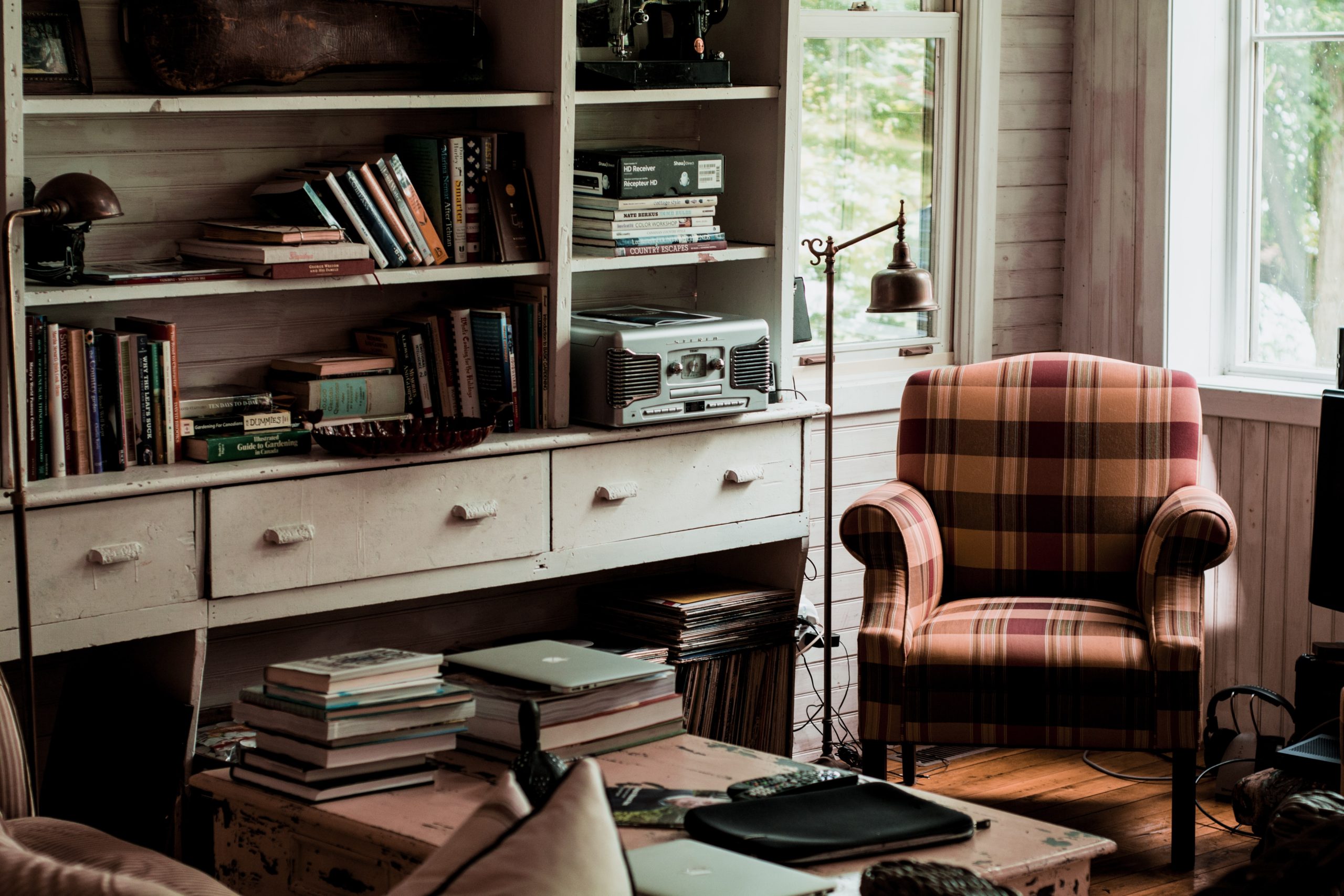Welcome back to our informal online spiritual retreat — September through December — in SunnyRoomStudio. No fee, no sign-up. Just share this journey, see where this spiritual thread leads. Welcome.
- This is a comment-free initiative, but I hope you are keeping a journal to share your key insights at the close of our BEYOND SELF 2012 retreat. It’s also a good way to participate in this retreat, recording your questions and impressions during the week.
- Are you “practicing” going beyond self — what have you discovered? What has surprised you so far?
WEEK FOUR: Beyond Self 2012
My summer study of Zen and related topics included a book called Everything is the Way: Ordinary Mind Zen by Elihu Genmyo Smith. My Zen vocabulary, thanks to this book, now includes koan, zazen, and zafu.
Many of you may already know these terms, but if not, a koan is somewhat like a riddle that is designed to reveal the truth. It’s usually short text or a piece of dialogue that can also be used to test a Zen student’s progress.
Zazen is basically meditation, or sitting. You can use a simple floor cushion or, in Zen-speak, a zafu.
Words are just words until we do something with them. This week, try to spend time with each of these words — find some koan’s to contemplate, spend time sitting with a Zen koan that you find especially intriguing. Use these terms when speaking to friends or family. See how they react.
From the book mentioned above: Everything is the Way …
“Sitting is being not-knowing; practice is being not-knowing. All the supports and forms of practice, all the supports and forms of our life, enable us to be this and to manifest this. Our whole life is the entanglement of not-knowing.”
But the author, the resident teacher of the Prairie Zen Center, goes on to write: “Not-knowing is not the opposite of knowing; do not be fooled by words.” He also points out that not-knowing is not a negative state, a lack. Rather, the two concepts are “entangled.” They are not separate, not two.
Are you open to this? Does it send you soaring beyond self? Does it help you to be just “this” … that which you already are?
As I interpret this, there is truly no clear distinction between “knowing” and “not-knowing” from a Zen perspective. Yet, consider the suffering, the anxiety, the stress that arises when we are certain we know. Yes, there are some things in life that we seem to know intuitively, but is the picture ever really complete or static, or is it always evolving, changing, shifting?
Zen says: be empty. Look without any idea.
Look into the nature of things but with no idea, with no prejudice,
with no presupposition. ~Osho
